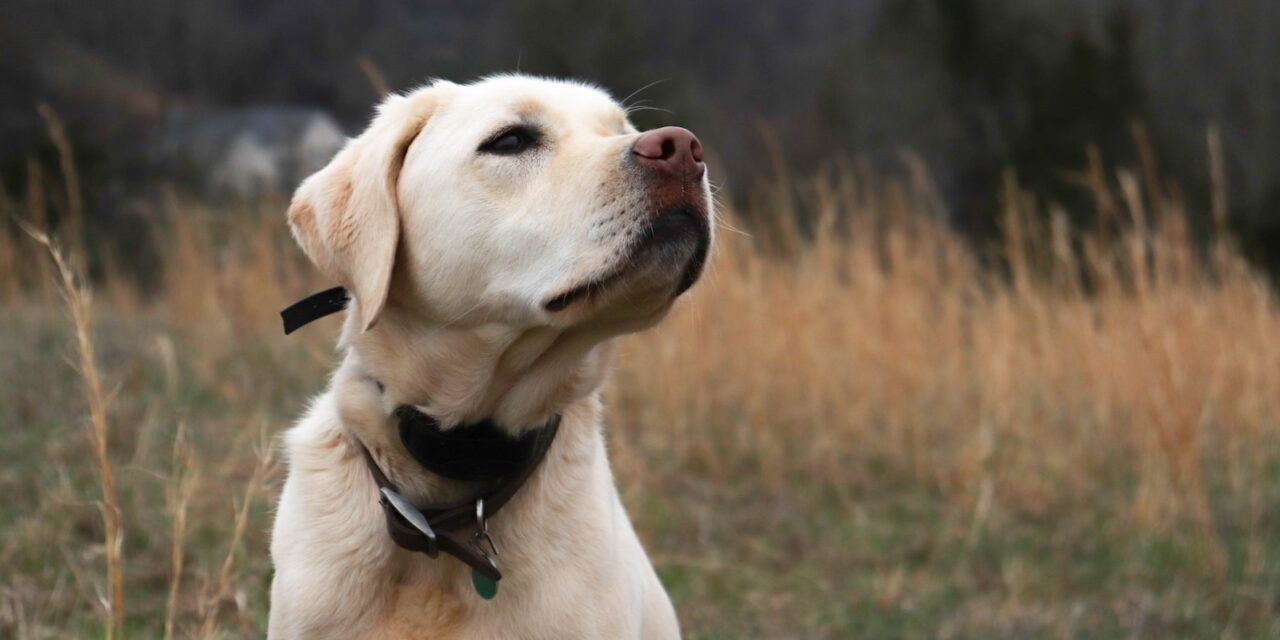The British Veterinary Association (BVA) has directed attention to the delay in implementing legislation that would prohibit the use of shock collars as training devices for cats and dogs.
As Lord Robbie Douglas-Miller assumes the position of Minister for Biosecurity, Animal Health, and Welfare, the BVA has communicated these concerns on behalf of its members and the broader veterinary community. The BVA’s communication urges the new Animal Health and Welfare Minister to prioritise the timely progression of the legislation through Parliament, emphasising the importance of swift action to protect animals from the potential harms associated with shock collars.
Shock Collars Legislation Awaiting Progress
The Animal Welfare (Electronic Collars) (England) Regulations 2023 did secure approval in the House of Lords in June 2023. However, despite its due enforcement on February 1, 2024, the Statutory Instrument has not progressed in the House of Commons. While it has been carried over into the current parliamentary session, it awaits allocation of parliamentary time for discussion.
British Veterinary Association President Anna Judson underscored the significance of this legislation, emphasizing that making it a punishable offence to use electronic shock collars on dogs or cats is vital for animal welfare. The use of shock collars is already banned in Wales.
“As this important piece of legislation will make it a punishable offence to attach an electronic shock collar to a dog or cat, ensuring that these regulations are approved and implemented is crucial for the wellbeing of animals in England,” she said. “Research shows that using fear and punishment as a training tool, via means such as electronic shock collars, not only takes its toll on an animal’s overall welfare, it is also less effective than positive training methods.”
She added, “We would therefore be extremely grateful for your assurance that this Statutory Instrument will become law before it is too late.”








